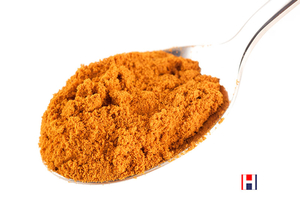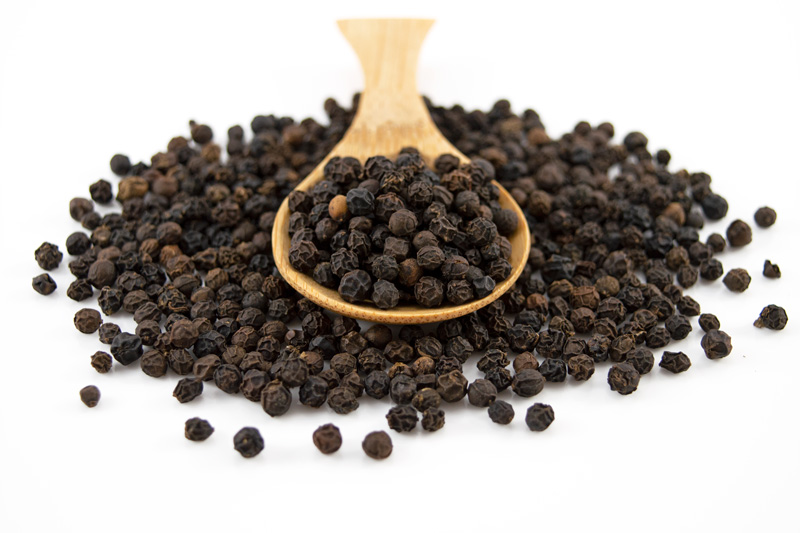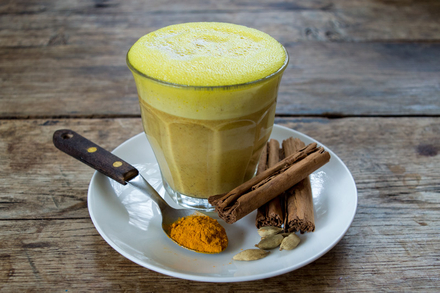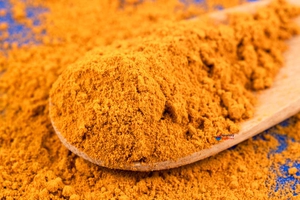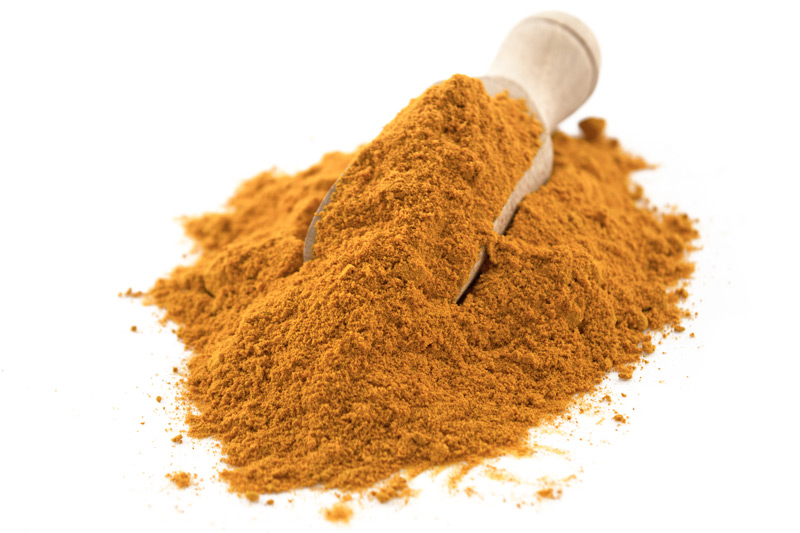Health Benefits of Turmeric
We all probably know turmeric as a powdered ingredient that gives many curries their deep yellow hue. Anyone who’s managed to get any on their clothes knows it’s a nightmare to try and wash out, which would explain why it’s also widely used as a fabric dye. But what is turmeric?
Turmeric is a flowering plant in the same family as ginger. The roots are used widely, for both cooking and health purposes. It’s common in Indian and Southeast Asian cuisine, and its many health benefits have been harnessed by Ayurvedic medicine for thousands of years.
So what exactly are the health benefits of turmeric?
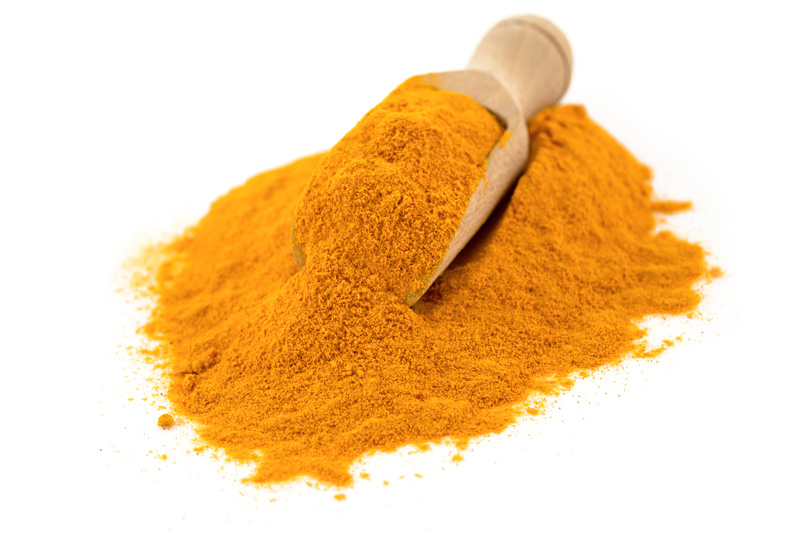
It's a powerful anti-inflammatory
Turmeric is a major source of the polyphenol curcumin, which helps in the management of a range of oxidative and inflammatory conditions.
Curcumin can also help with the management of exercise-related inflammation and sore muscles, enhancing active people’s recovery and performance.
It's unbeatable when used with black pepper
Pepper is a wonderful spice which can add another level of flavour to most dishes which contain turmeric, but it actually plays a very important role in harnessing the health-giving properties of the curcumin in turmeric. This academic paper from 2017 found that ingesting curcumin by itself does not lead to the associated health benefits due to its poor bioavailability, but taking piperine (the major active component of black pepper) at the same time has been shown to increase its bioavailability by 2000%.
Turmeric hugely increases your body's antioxidant capacity
Free radicals are chemically active molecules that cause damage to the body’s cells. They’re often one of the main causes of heart disease. But turmeric is absolutely packed with antioxidants which are excellent at reducing signs of oxidative stress caused by free radicals in the body. Turmeric’s antioxidants are also first rate at counteracting many aspects of poor eye health, such as glaucoma, cataracts and macular degeneration.
Absorption of the curcumin in turmeric by the body leads to a decrease in beta amyloid plaque, a marker of brain ageing. It has also been shown to increase dopamine levels, and there’s very good evidence it has a marked beneficial effect on mood and has excellent anti-depressant qualities.
Curcumin has also been found to increase levels in the brain of BDNF, a protein essential for growing new neurons and crucial for learning and long-term memory.
Turmeric is excellent for your skin
People who suffer from psoriasis or eczema have found that turmeric applied topically to the skin as a paste has significantly reduced their symptoms. It’s also said to ‘bring out the natural glow’ of your skin, but watch out – it will stain your skin for a few days! Turmeric is also effective at reducing the scars caused by acne. These are typically treated with antibiotics, which are unfortunately becoming less effective as a result of drug resistance – so turmeric is an excellent natural alternative.
There’s now a lot of evidence that the curcumin in turmeric plays a very important role in keeping your heart healthy. This academic paper from 2009 showed that curcumin can play a significant role in alleviating symptoms of heart failure, lessening irregular heartbeat, improving the lining of heart valves and preventing diabetic cardiovascular complications.
This research trial found that curcumin in turmeric inhibits tumour growth in ovarian cancer, while this one discovered that it inhibits the growth of the dangerous cancer-causing bacteria helicobacter pylori. Extensive research over the last 50 years has indicated this wonder polyphenol can both prevent and treat cancer with very encouraging effectiveness.
Come and peruse our excellent selection of Turmeric products here!

